git version control
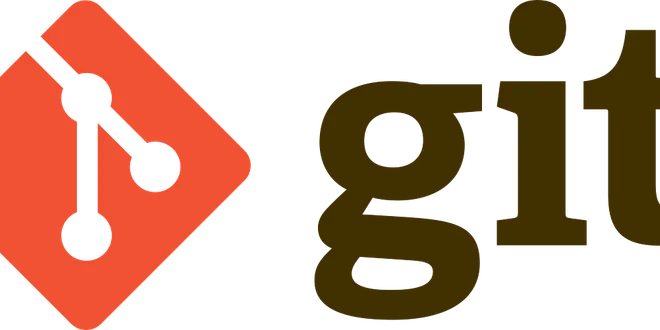
Overview of GIT Version Control System
In software engineering, version control (also known as revision control, source control, or source code management) is system responsible for managing changes to computer programs, documents, large…
📚 Read more at Analytics Vidhya🔎 Find similar documents

Git Good: Mastering Version Control for Real-World IT Success
From zero to Git-hero: learning the basics, skipping the costly slip-ups, and owning my GitHub game. In my earlier role as a technical project manager and scrum master, I worked closely with both eng...
📚 Read more at Python in Plain English🔎 Find similar documents
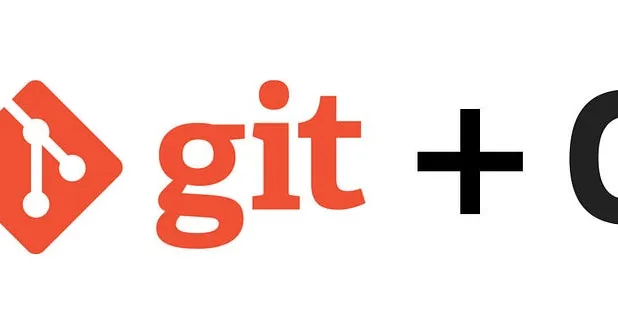
Basics of Git: Your Version Control
Imagine accidentally shattering a vase you spent hours meticulously piecing together. Now, imagine effortlessly rewinding time to before the accident, vase intact. That’s the power Git brings to your ...
📚 Read more at Python in Plain English🔎 Find similar documents
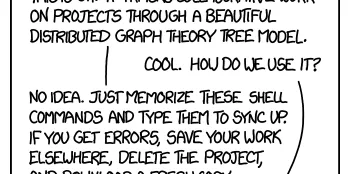
A Quick Primer to Version Control Using Git
Version control is a type of system that allows you to keep track of changes made to your code over time. As such, version control is useful because: As coding is an integral aspect of data science…
📚 Read more at Towards Data Science🔎 Find similar documents

What is version control
Version control, also known as source control, is the practice of tracking and managing changes to software code. Version control systems are software tools that help software teams manage changes to ...
📚 Read more at Atlassian Git Tutorial🔎 Find similar documents
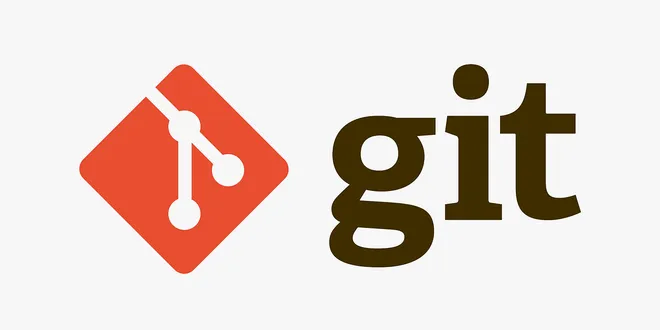
What is Version Control Tool? Explore Git and GitHub
Git is a free, open source distributed Version Control System Tool designed to handle everything from small to very large projects with speed and efficiency. Git has the functionality, performance…
📚 Read more at Analytics Vidhya🔎 Find similar documents

Deep dive into version control using Git
Git is a free tool that allows for efficient code revisions by providing a distributed version control system. It is one of the most helpful tools I learned when I started learning programming…
📚 Read more at Towards Data Science🔎 Find similar documents
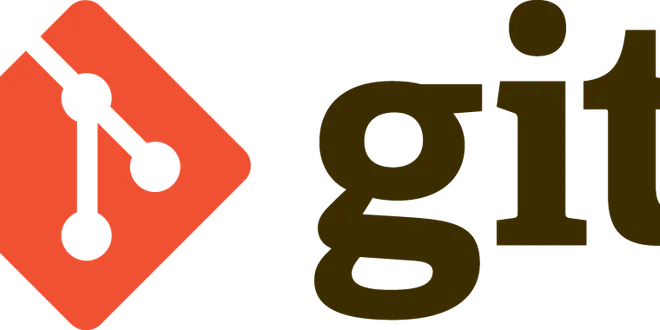
Git
Git is an implementation of the source (version) control concept. Learn more about Git and source control on Full Stack Python.
📚 Read more at Full Stack Python🔎 Find similar documents

Git Version Control System in 15 minutes
In this article I am going to talk about Git which is a version control tool. Now what has happened is we have made git complicated by clearly not understanding the fundamentals of this tool. All we…
📚 Read more at Analytics Vidhya🔎 Find similar documents

Git Gud: Version Control Best Practices
Git best practices are essential for developers looking to manage their projects efficiently. In this article, we’ll dive into the key techniques that can transform your version control workflow, ensu...
📚 Read more at R-bloggers🔎 Find similar documents

Here’s a Git Branching Strategy for Better Team Collaboration
Git is a distributed, open-source version control system (DVCS) that enables you to store code, track revision history, merge code changes, and revert to earlier code version when needed. It is a…
📚 Read more at Better Programming🔎 Find similar documents

GIT Essentials for Every Data Scientist
Version control is all about managing changes to files and directories by one or many contributors. Git is an incredibly popular system for version control and the one we will be running through for…
📚 Read more at Towards Data Science🔎 Find similar documents

